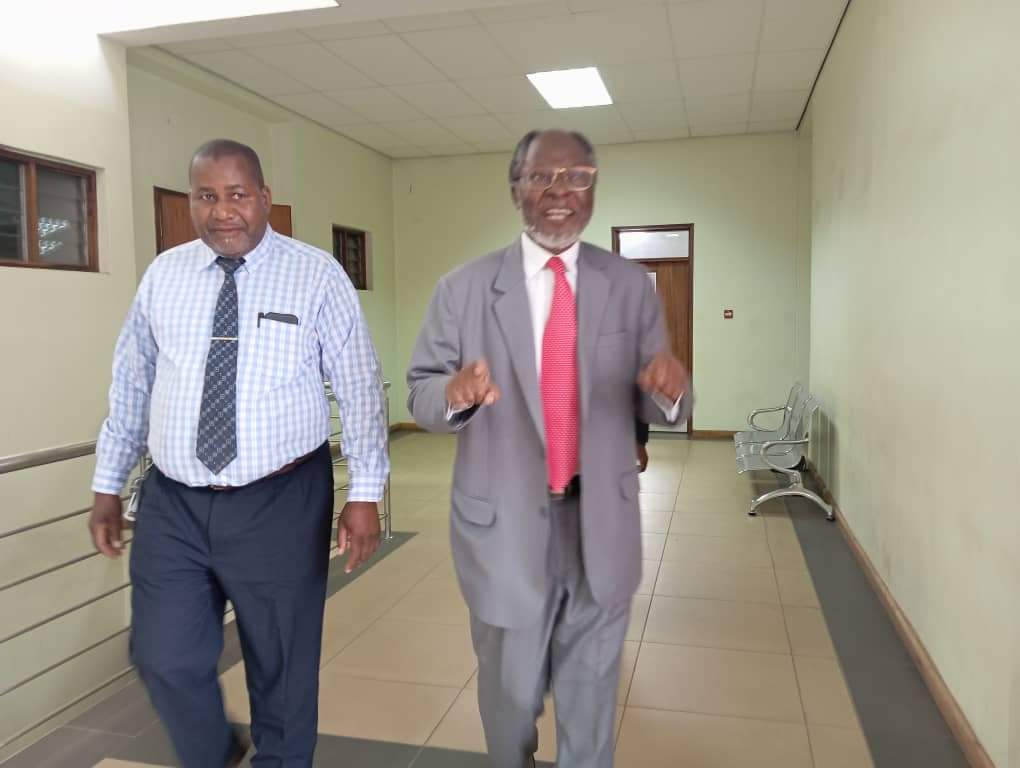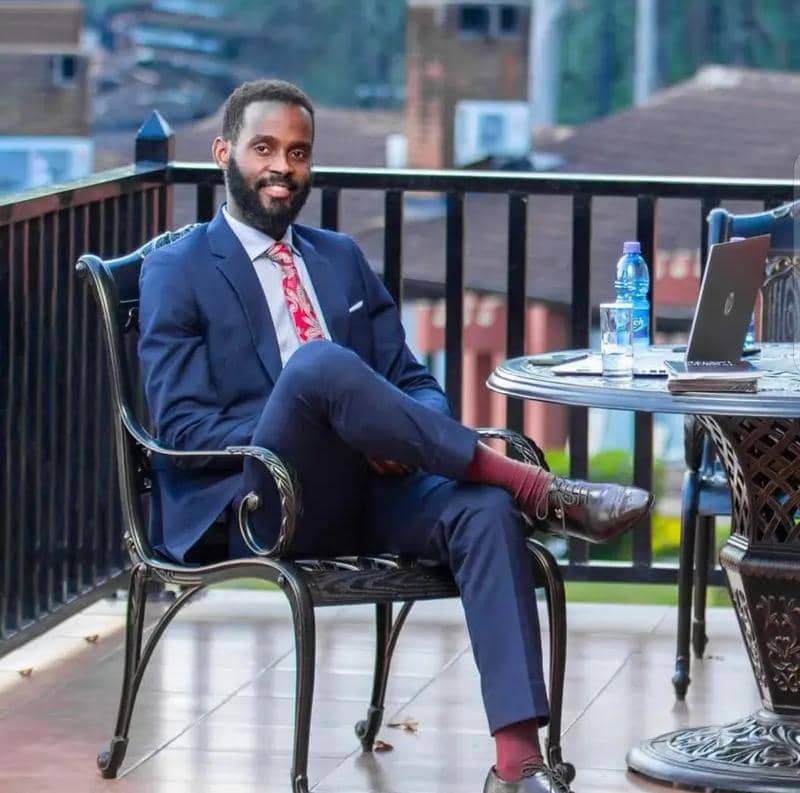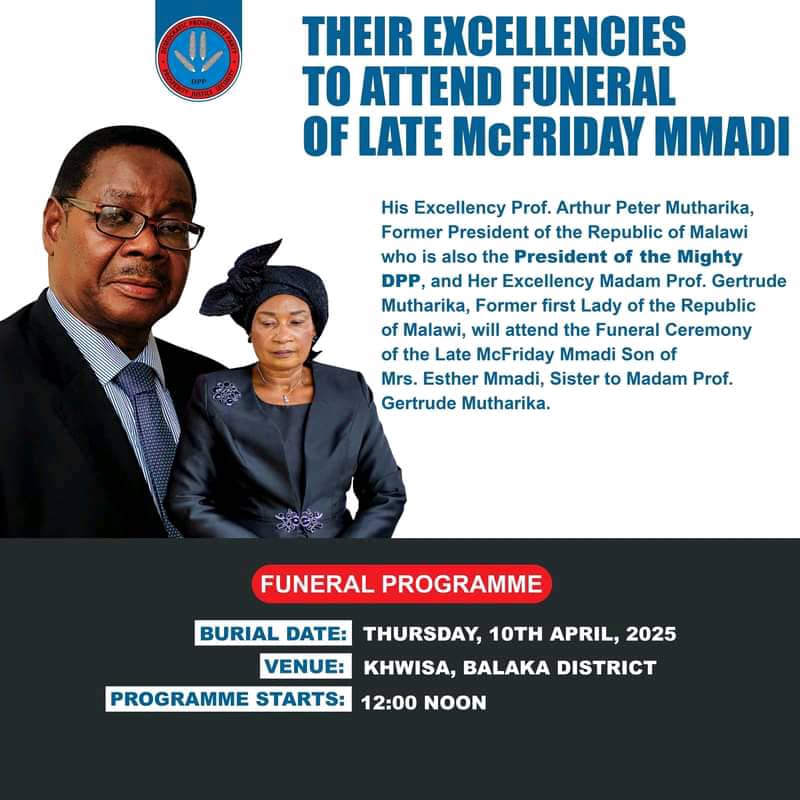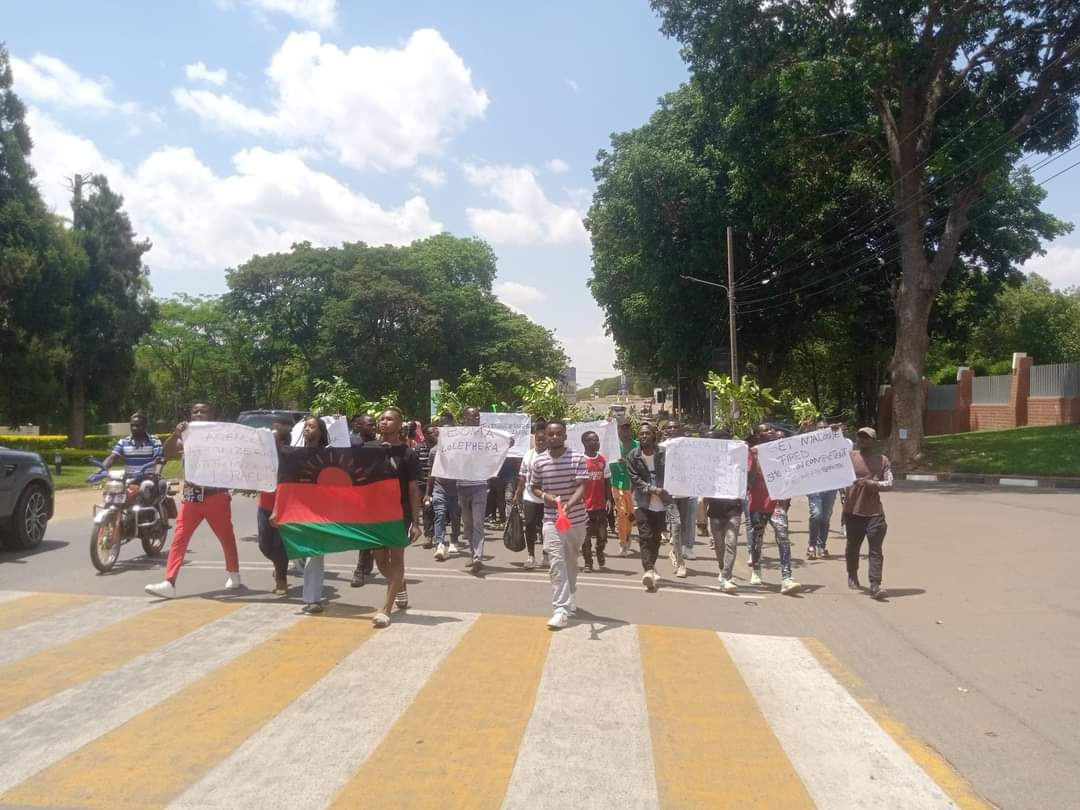By Burnett Munthali
In a significant development in the long-standing legal saga surrounding former Vice President Cassim Chilumpha, the High Court in Blantyre has referred his case to the Constitutional Court. This decision comes as Chilumpha and former politician Yusuf Matumula face treason charges dating back to 2006, stemming from allegations of a plot to assassinate the late President Bingu wa Mutharika.
The case, which has been mired in delays and legal complexities for nearly two decades, raised concerns about the defendants’ right to a fair trial. In a recent motion, the defense team argued that the protracted nature of the proceedings infringes upon their constitutional rights. They requested that the case be certified as a constitutional matter, prompting the High Court to consider the implications of the lengthy delays.
During a hearing this morning, High Court Judge Ruth Chinangwa sided with the defense, acknowledging the need for the Constitutional Court to assess the reasonableness of the delays and their potential impact on the defendants’ rights. The judge’s decision means that the matter will now be forwarded to the Chief Justice, who will empanel judges to deliberate on the constitutional questions raised.
This referral underscores the ongoing challenges within Malawi’s judicial system, particularly regarding the timely administration of justice. The defense’s application highlights a growing concern among legal experts and human rights advocates about the implications of prolonged trials on defendants’ rights.
As the case transitions to the Constitutional Court, it remains to be seen how the justices will approach the matter. Their ruling could have far-reaching consequences not only for Chilumpha and Matumula but also for the broader landscape of legal rights and the management of high-profile cases in Malawi.
The referral is a pivotal moment in a case that has attracted significant public interest and scrutiny. As the judicial process unfolds, it serves as a reminder of the delicate balance between legal proceedings and the fundamental rights enshrined in Malawi’s constitution. The upcoming decision from the Constitutional Court will be closely watched, with implications that could resonate throughout the Malawian legal system for years to come.




